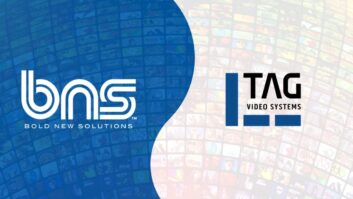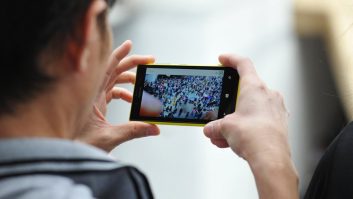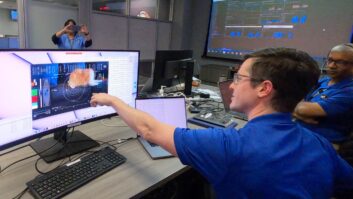As mobile networks contemplate what to charge video service providers, premium rate telecoms platform provider C3 has called for a fairer charging regime than that used for audio to stimulate demand, writes Richard Dean.
While regulated landline networks are duty bound to pass 90 per cent of revenue to service providers from premium rate audio numbers beginning with 09, mobile networks can block access to 09 numbers and pass on a much lower percentage from their own Premium SMS or other billing methods.
C3 managing director John Wood wants to see a more level playing field for premium video, which only mobile handsets can send and receive. This follows the UK company’s recent launch of a 3G video module for its ‘Seteca’ premium rate and multi-channel call handling system at the 3GSM World Congress in Barcelona.
The system uses a standard circuit-switched 64kbps voice channel to relay video at 8fps, allowing service operators to implement a video service immediately using the video processing functions incorporated in all 3G handsets. “Video on 2.5G handsets never really took off because they lack integrated video capability,” says Wood.
According to Wood, the module will also be capable of handling higher bandwidth content such as localised DVB-H (handheld) streams from digital terrestrial TV networks – as used in the O2 trial in Oxford – as network capacity increases.
As well as catering for the inevitable ‘adult’ sector, Wood says 64K video will find applications in stored sports highlights, with operators in Ireland, Turkey and Egypt already expressing interest. The system, which is fully compatible with interactive voice response (IVR) and the keypad equivalent (DTMF dual tone multi-frequency) ‘telephone tree’ user feedback, has also attracted three service providers in the UK hoping to launch interactive video dating services.
Other applications could include specific advertising to a known user profile, gambling and quiz options perhaps related to a following clip, plus two-way medical consultations, customised news services and ‘DIY’ community news contributions from subscribers.







